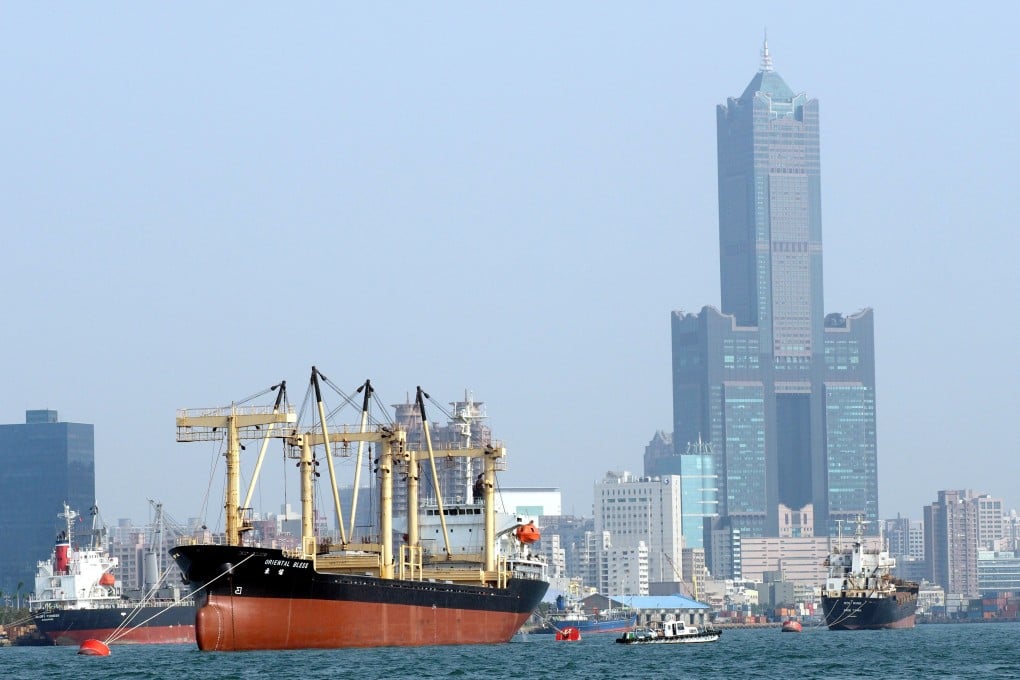US sanctions on China send Taiwan tech exports to mainland, Hong Kong surging
- Some 45.2 per cent of Taiwan’s exports went to mainland China and Hong Kong in November, up 17.2 per cent year on year
- Parts for consumer electronics made up the bulk of shipments, as China tries to reduce dependence on American technology

Taiwanese exports of hi-tech goods to China have accelerated in recent months as Chinese companies look to end their reliance on American technology and replace components no longer available due to US sanctions.
Ongoing hostilities could prove a major boost to Taiwan, a global leader in the production of semiconductors and hi-tech goods, as China still relies on imported technology like computer chips for devices it manufactures.
In November, Taiwan’s total exports rose to a record US$32 billion, a jump of 12 per cent over the same month last year, the Ministry of Finance said on Monday, with electronics exports contributing significantly.

10:22
Why has the relationship between the Chinese mainland and Taiwan taken a turn for the worse?
Some 45.2 per cent of exports went to China and Hong Kong last month, up 17.2 per cent from November 2019. The figure was only a small increase from October, when 44 per cent of Taiwan’s exports landed in the mainland or Hong Kong, up 16.9 per cent from the same period a year earlier.